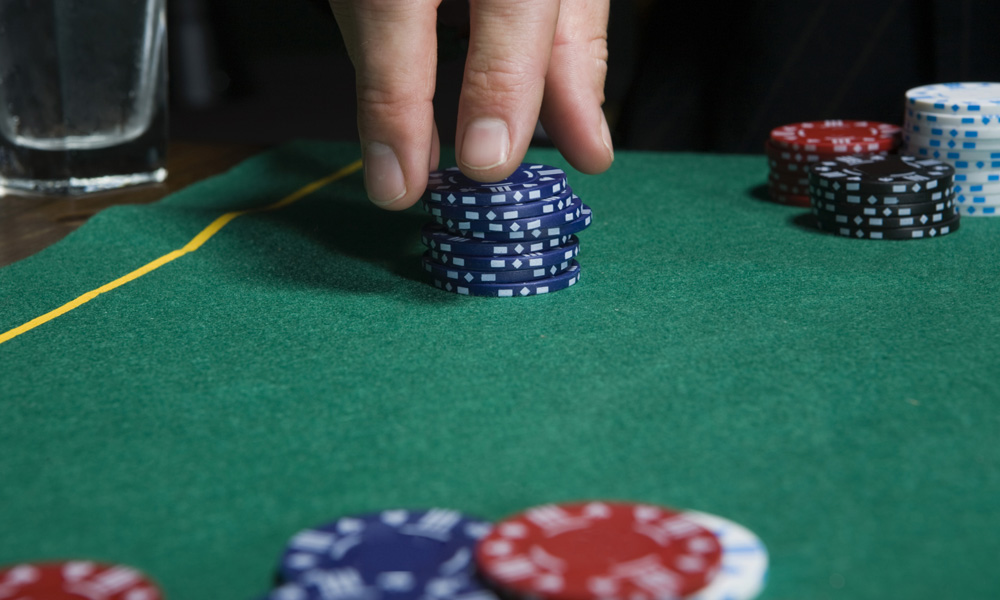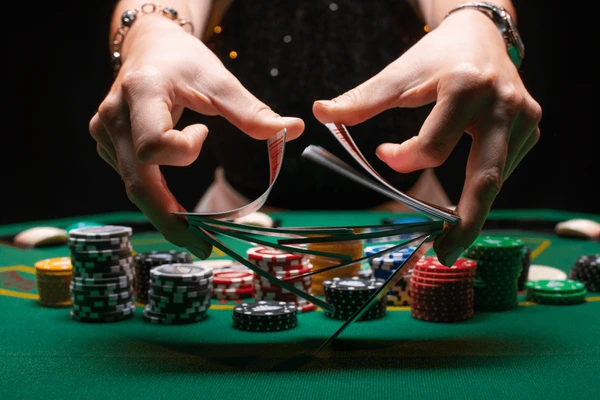Gamblers from all walks of life flock to Las Vegas, drawn by the bright lights, thrilling games, and the promise of striking it rich. Yet as anyone familiar with casinos knows, the odds always favor the house. Despite this, many gamblers leave the tables with an inflated sense of their own skill, certain that their successes weren’t just luck but the result of genuine expertise.
Why do so many Las Vegas gamblers overestimate their betting skills? The answer lies in psychology, with factors like the illusion of control, confirmation bias, and the seductive nature of winning streaks fueling overconfidence.
The Illusion of Control
The illusion of control is a psychological phenomenon where people overestimate their ability to influence outcomes in situations largely governed by chance. This is particularly common in games like craps, where gamblers believe their actions play a role in determining the result.
Casino games are carefully designed to amplify this illusion. For example, slot machines often feature buttons that players can press to stop the reels. Even though the game’s outcome is predetermined by a random number generator, the act of pressing a button fosters the illusion that players have control over their results, boosting their confidence despite no real influence.
Confirmation Bias and Selective Memory
Another key factor that causes overconfidence is confirmation bias, the tendency to interpret new information or experiences in ways that confirm existing beliefs. For gamblers, this often means remembering their wins far more vividly than their losses.
Casinos capitalize on this psychology by creating an environment that celebrates wins. Slot machines, for example, are programmed to play celebratory sounds and flash lights even for small payouts, reinforcing the feeling of success.
The Seduction of Winning Streaks
Few things boost confidence like a winning streak. Even experienced gamblers can fall prey to the belief that they’re on a hot streak and “can’t lose.” While this momentum feels real in the moment, the reality is that every roll of the dice or shuffle of the cards is independent of what came before.
This phenomenon ties into something called the “hot hand fallacy,” where individuals believe that past positive outcomes increase their chances of future success. A gambler winning three hands of poker in a row might begin to think their skills have suddenly sharpened, when in fact, they’re simply benefiting from random chance.
Winning streaks can prompt players to take bigger risks, convinced they’re in control of the game. This overconfidence often leads to significant losses when the streak inevitably ends, but by the time that happens, the player is more likely to blame bad luck rather than reevaluate their perceived skills.
The Role of the Las Vegas Experience
Part of what makes Las Vegas unique is its ability to immerse every visitor in an environment that fosters confidence and excitement. From free drinks to luxury accommodations, casinos provide players with royal treatment that boosts their self-esteem and, with it, their sense of skill.
The endless entertainment, buzzing atmosphere, and sensory overload of the gaming floor create an intoxicating illusion that anything is possible, including outsmarting the odds. This fantasy, while thrilling, makes it easier for players to overestimate their abilities and justify their risks.
Conclusion
While confidence can make the gambling experience more enjoyable, understanding these psychological traps is essential for staying grounded. Recognizing the role of luck and chance can help players have fun without falling into the overconfidence trap. After all, knowing when to walk away is the true test of betting wisdom.

